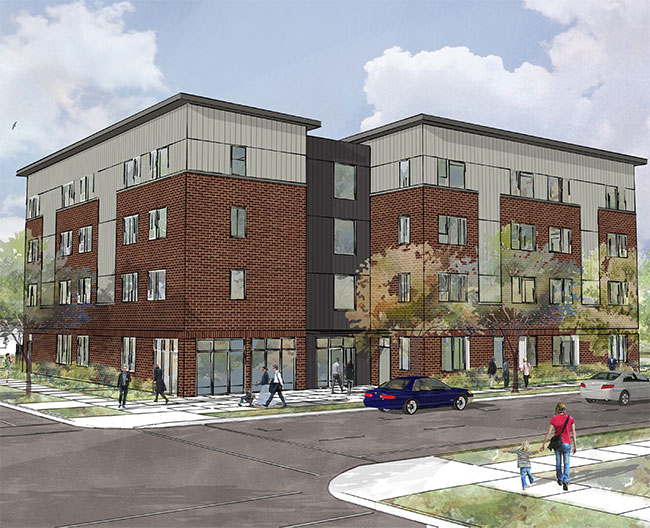The term “trauma-informed care” and its practices are widely used among area nonprofits, advocates and activists.
It’s a broad term that can look different depending on the field it’s applied in, but the core meaning remains the same: to make everyone involved feel safe, empowered and valued.
The idea is newly popular, emerging many years after the recognition of post-traumatic stress disorder, or PTSD, in the 1980s as well as the CDC-Kaiser Permanente Adverse Childhood Experiences (ACE) Study, a landmark investigation on the impacts of abuse and neglect, from the late 1990s.
“On a fundamental level, providing trauma-informed care is really recognizing that an individual has, more likely than not, had a history of trauma. Our objective in providing care is to prevent retraumatization by reducing triggers,” Tim Black, White Bird Clinic’s director of consulting, said. “I think that White Bird and CAHOOTS have been applying principles of trauma-informed care without necessarily having that vocabulary.”


